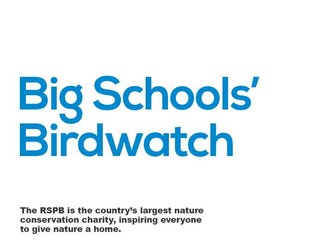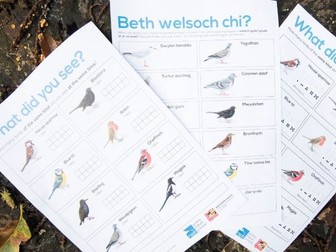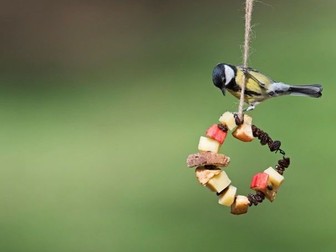Birds of Prey Factfile
<p>Non-fiction fact files on a wide different birds of prey ranging from owls to eagles! A very flexible resource which lends itself brilliantly for a range of uses such as, non-fiction guided reading or for a non-fiction topic in English. With reference to measurement on each, there are some maths links in there too!</p>


